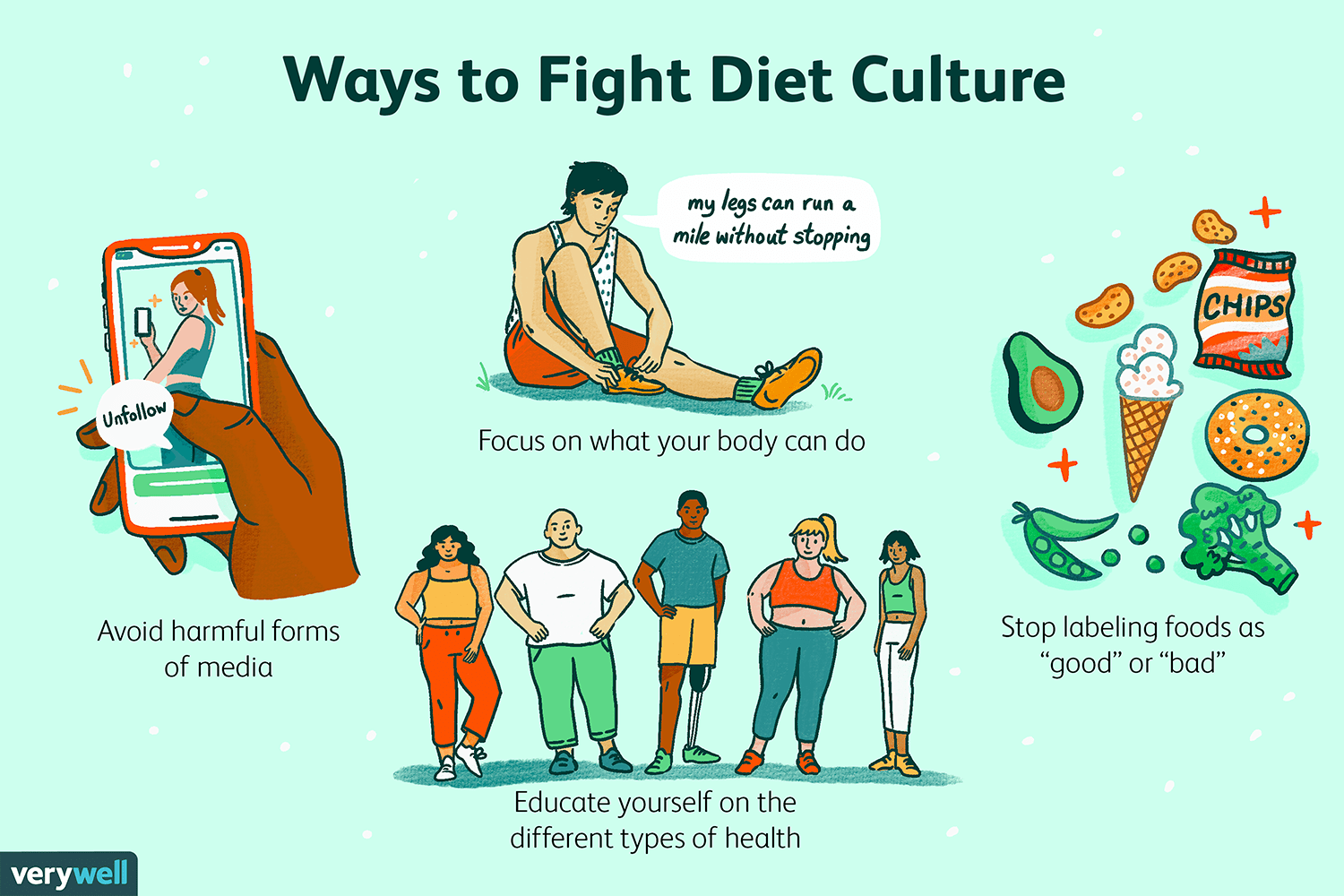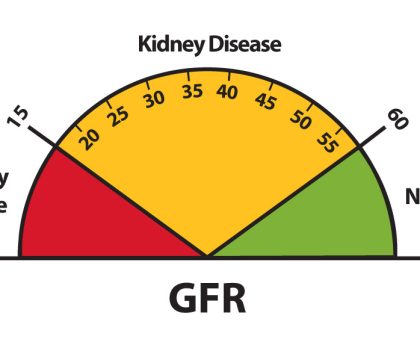When it comes to eating, everyone has different habits. Some of us enjoy three meals a day, while some of us would rather enjoy little snacks and meals spread throughout the day.
Additionally, we also must compete with the demands of our everyday lives affecting our meals. You might work two jobs and take care of children when you get home. Maybe you have a fixed schedule some days, but other days, a more unpredictable one.
Those situations will affect the way we eat, and at times, will push us to pick up bad eating habits. These can include eating close to bedtime, skipping meals, eating too fast, mindless eating, or stress eating.
Let’s talk about how those habits can affect your health and some suggestions for managing them.
Eating close to bedtime
Eating close to bedtime can affect your natural sleep cycle by decreasing the amount of rest you get. This has been associated with unwanted weight gain, increased blood pressure and increased risk of heart disease.
Things to try instead:
- Eat about 2-3 hours before going to bed.
- If you’re preparing meals too close to bedtime because of your schedule, look up recipes that allow you to quickly assemble your meal. Using pre-cut vegetables or frozen cooked rice, for example, can cut down on meal prep time.
- If you find yourself hungry again after dinner, opt for a light snack such as a yogurt or a piece of fruit.
- If you’re not able to fit in a full meal 2-3 hours before your bedtime and need to eat closer to your bedtime, try a smaller snack instead.
Skipping meals
Missing meals can affect your mood as your blood sugar may start to drop. You may feel tired, have trouble concentrating, or feel dizzy and irritable. Additionally, it may make you more prone to overeat at your next meal or increase cravings for high fat and high sugar foods because you feel so hungry.
Things to try instead:
- Meal planning can be helpful when you don’t have time to cook for yourself on a daily basis. There are different ways to meal prep – it doesn’t have to be done all on one day for the entire week. You can make a grain and a protein (chicken and rice, for example) and throughout the week add various seasonings for some variety. Using pre-cut vegetables or frozen vegetables can cut down on the time it takes to prepare and cook food.
- If you don’t have time for a full meal, another option is to have a nutrition supplement or a variety of nutritious snacks throughout the day. These can include an apple and peanut butter, a dip like hummus or guacamole with vegetables, string cheese, a hard-boiled egg with carrot sticks, or yogurt and berries.
Read more from UC Davis Health: Meal planning tips to eat healthier and stay on budget
Eating too fast
Eating quickly makes it difficult to know when you are full. This can lead to overeating, indigestion, heart burn and unwanted weight gain.
Things to try instead:
- Use smaller utensils to take smaller bites (such as a dessert fork or spoon) and put down your utensils between bites.
- Sip a calorie-free beverage, like water, sparkling water, or unsweetened tea between bites.
- When possible, eating with others, relaxing and having a conversation over a meal can help slow down your eating.
Mindless eating
Mindless eating can lead to overeating and unwanted weight gain. It also can be a sign of stress or other emotional burden.
Things to try instead:
- Eat at a designated spot, such as your kitchen table, rather than in front of the TV.
- Practice paying attention to the smell and flavor of your food, its appearance and the sensations you feel while eating.
- If you like to track and compare things, keep a journal of what you’re eating and when you eat. This can make you aware of your eating habits.
- When you eat, ask yourself if it’s because you’re hungry or if it’s out of habit or boredom.
Stress eating
Stress eating can result in overeating, specifically eating more processed foods with high levels of fat, sugar or salt. In the long run, stress eating can increase your risk for chronic diseases such as diabetes or heart diseases.
Things to try instead:
- Keep healthy snacks on hand, such as fresh fruit, carrots and hummus, or nuts. Reach for these instead when you feel the urge to eat.
- Before going for that snack, take a couple minutes to breathe deeply. Then reassess if you’re feeling a natural hunger cue or if it’s affected by stress.
- Another approach is to try and reduce stress eating by finding what triggers it (such as specific situations or emotions). You can then practice coping techniques like meditation, exercise, or reaching out to friends, family, or a therapist to help manage stress.
Read more from UC Davis Health: Health benefits of cottage cheese vs. yogurt
When you make changes to your eating habits, it’s important to be patient and kind with yourself. A gradual approach will lower the stress of trying to change too much too fast and will reduce the occurrence of setbacks on your journey.
If you do encounter a setback, it’s not a sign of failure. Everyone’s path to change is different. Everyone encounters challenges that require different approaches. Trying different things is a great way to learn more about yourself and what works for you.
This blog was written by UC Davis Health dietetic intern Korrie Tugal and reviewed by a UC Davis Health registered dietitian.




